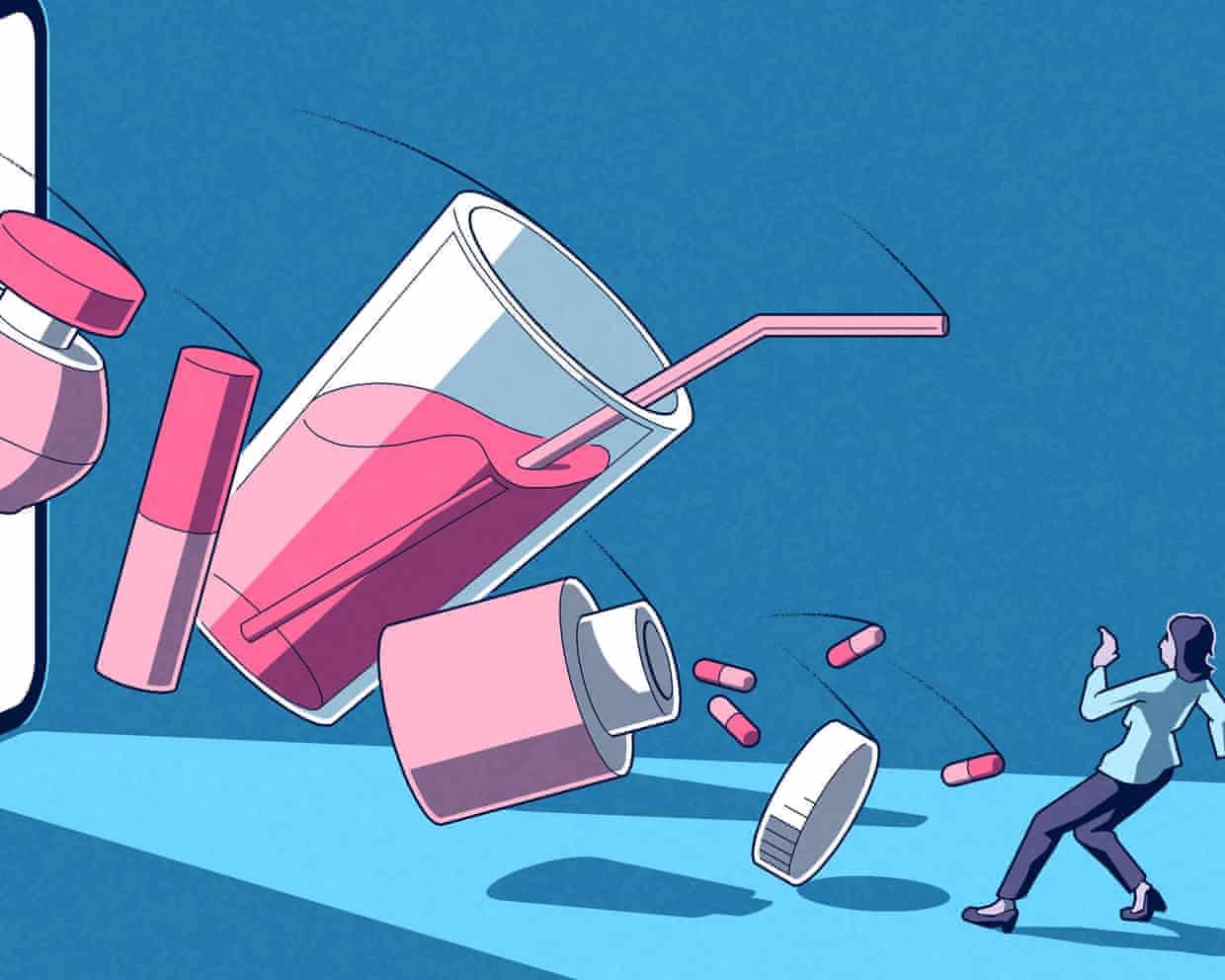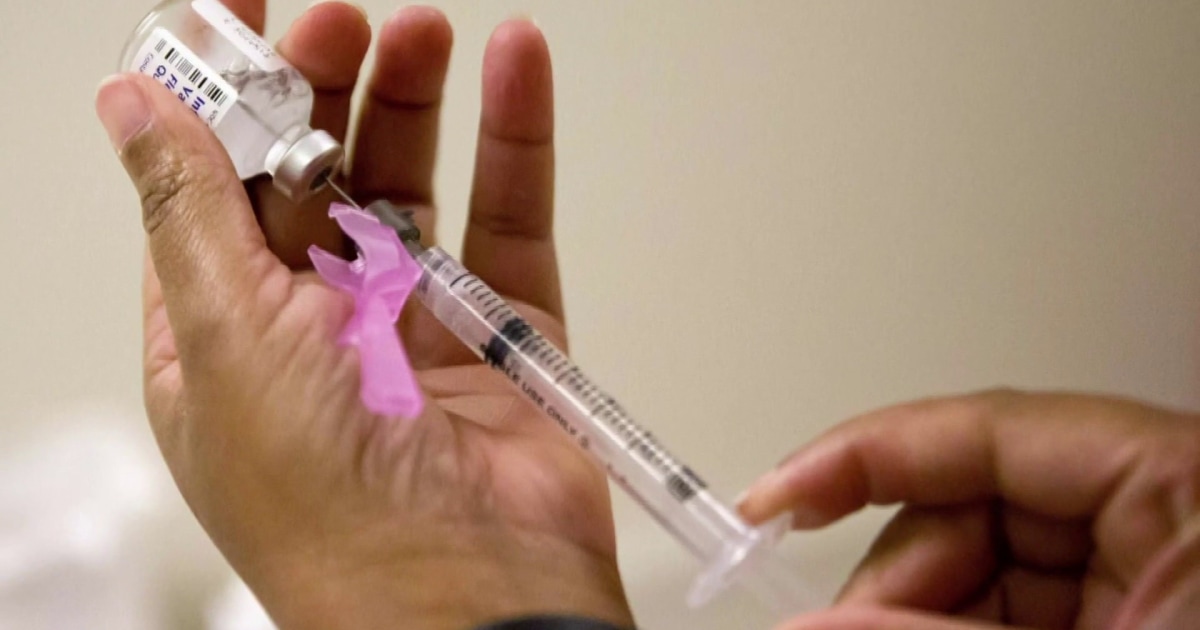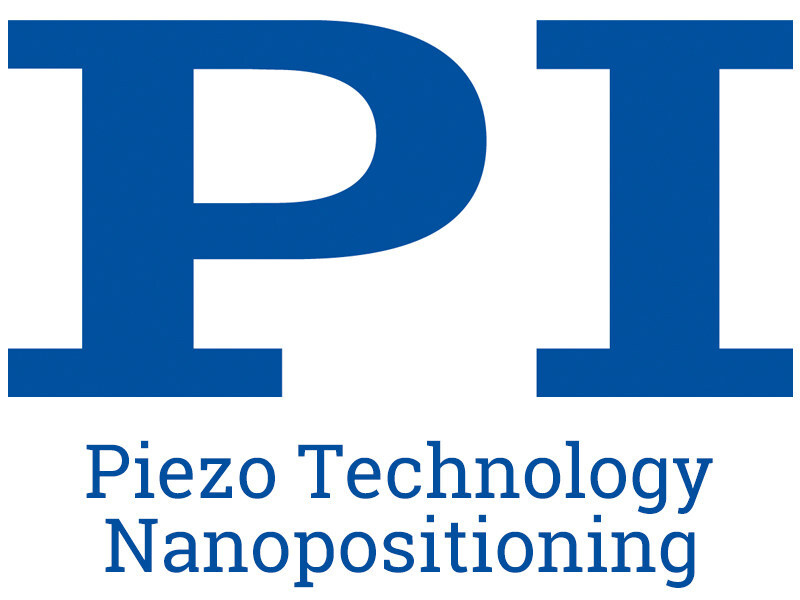Recent discussions in the medical journal Post Reproductive Health have highlighted a troubling trend regarding menopause management. A group of academics warned of a “menopause gold rush,” which they say leaves women vulnerable to financial exploitation and misinformation. This surge has been largely fueled by social media, where many women report learning about menopause from platforms like Instagram rather than from healthcare professionals.
The rise of unregulated private companies offering menopause information and products has intensified, creating a landscape where marketing often overshadows genuine medical support. One respondent in the study remarked, “Everything I know about the menopause I learned on Instagram from other women.” This shift raises concerns about the quality of information available to those experiencing menopause.
The wellness industry is now inundated with products aimed at menopausal women, from vitamin supplements to skincare solutions. The pressure to purchase these often overpriced items can feel overwhelming, especially as celebrities promote them to their expansive followings. The phenomenon of “meno marketing” has permeated social media channels, targeting not just women but also men, who see ads for products like bladder pills and calming gels.
Despite the multitude of products being marketed, the reality of menopause is complex and varies significantly from one individual to another. While some women may experience mild symptoms or none at all, others may face debilitating challenges. Reports suggest that approximately one in ten women in this demographic have experienced suicidal thoughts due to the severity of their symptoms.
The academics emphasize that menopause is not a one-size-fits-all experience. The symptoms can range from mild discomfort to significant emotional distress, making it critical for women to receive tailored information and support. Unfortunately, the current trend tends to oversimplify these experiences, leading to a disconnect between marketing promises and medical realities.
The study suggests that a proper information campaign on menopause, treatments, and realistic expectations is essential. Most women are likely more familiar with contraceptive options than they are with options like hormone replacement therapy (HRT). This gap in knowledge benefits those promoting products rather than the women seeking help.
The shift from silence to oversaturation about menopause in media and marketing has not necessarily improved understanding. While discussions surrounding menopause have become more common, there remains a lack of substantive information available to women navigating this life stage. The emphasis on commercial products can overshadow the need for public education on menopause and its management.
As the wellness industry continues to grow, it is crucial for women to approach marketed solutions with caution. The complexities of menopause cannot be addressed with gimmicks or superficial fixes. Ultimately, women require genuine support and accessible information to navigate their experiences effectively.
Viv Groskop, a comedian and author, reflects on this issue, highlighting the absurdity of some marketed solutions while advocating for a balanced approach. She notes that the commercialization surrounding menopause has reached a point where it overshadows the real needs of women.
Addressing menopause should be about empowering women with knowledge rather than inundating them with commercial options. As awareness increases, so too should the focus on providing comprehensive education and support that respects the diverse experiences of all women.







